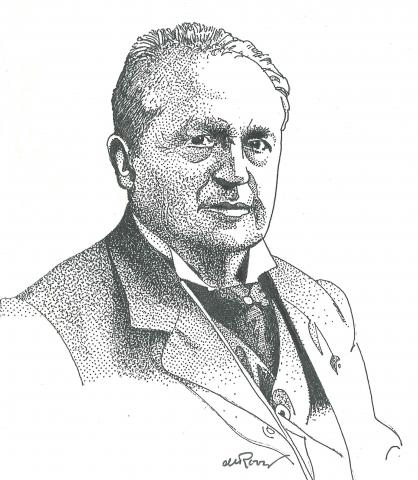A revised and updated version of
Abraham Kuyper: An Annotated Bibliography 1857-2010 by Tjitze Kuipers (2011)
You can buy a printed edition of this book on the site of the publisher.
1957
The items in this publication of primary sources (RGP, see 1937.01) show that Kuyper was directly involved with setting foreign policy while serving as prime minister and minister of the interior. The publication reprints two letters (pp. 515 and 520), written under the pseudonym “K. Heyblom,” that deal with secret negotiations Kuyper was purportedly planning with Boer delegates to persuade them to reach agreement with the English government about a cessation of hostilities. Only the first letter is dated (December 16, 1901).
Printed next (pp. 516–518) is a draft proposal to the English government—probably written shortly after December 17, 1901—concerning the Dutch government’s friendly offer to mediate prior to the outbreak of the war in Southern Africa in October 1899. This is followed (pp. 538–540) by a draft of eleven negotiating points with the English government about an offer to mediate in the conflict that had subsequently led to the Boer War.
The aide-mémoire (see 1902.02, 1905.25, and 1934.03) is reproduced on pages 549–550. A recap of the exchange of diplomatic notes that occurred in connection with the aide-mémoire follows on pages 565–566. Kuyper’s Dutch translation of a highly confidential letter (dated September 27, 1902) from the German ambassador in The Hague to the “leader of the Boer generals” is printed on pages 674–675. Finally, there are two letters written by Kuyper while he was acting as an intermediary to arrange the reception of the Boer generals Botha, De la Rey and De Wet by the German ambassador. The first letter (dated October 9, 1902) is addressed to the German ambassador (pp. 677–678), while the second (dated October 12, 1902) is addressed to the German minister for foreign affairs (pp. 679–681).

